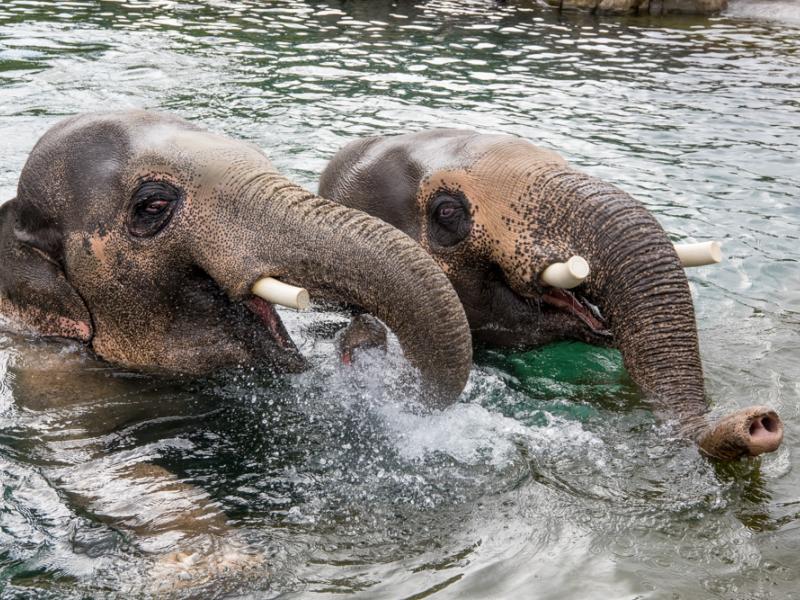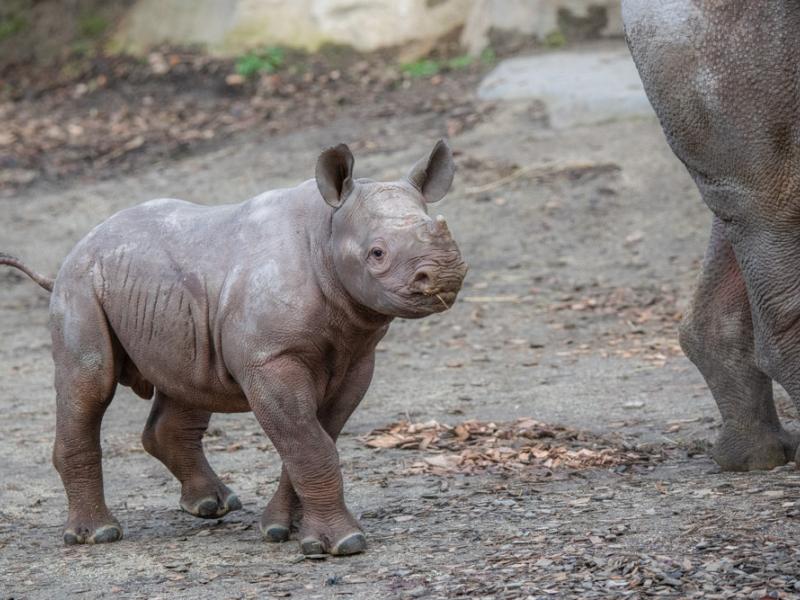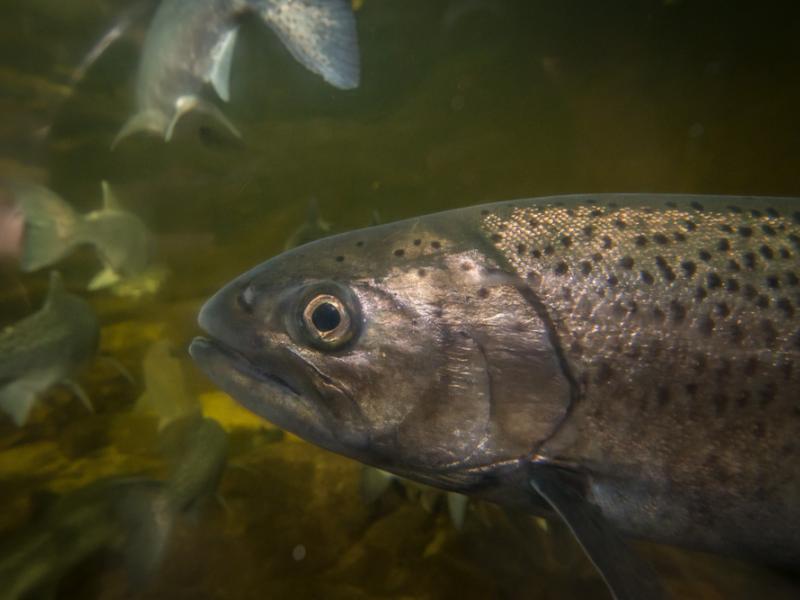Small actions that help butterflies
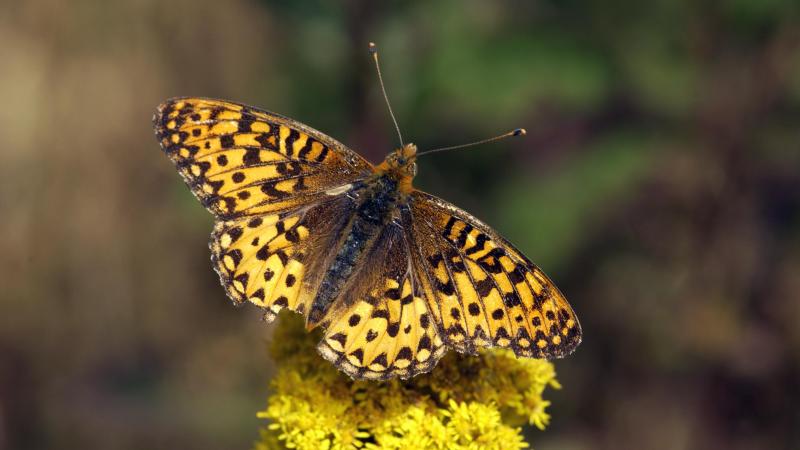
Because of their complex life cycles and interdependent relationships with plants, butterflies are especially vulnerable to habitat loss, toxins, invasive species and climate change. Over the past century in the U.S., vast areas of meadow and grassland butterfly habitats have been converted for housing, agriculture and industrial development, leaving many species in isolated pockets. Climate change has also been linked to butterfly population declines, for instance by altering the seasonal availability of host plants on which caterpillars depend.
How you can help
-
Choose non-toxic garden pest control
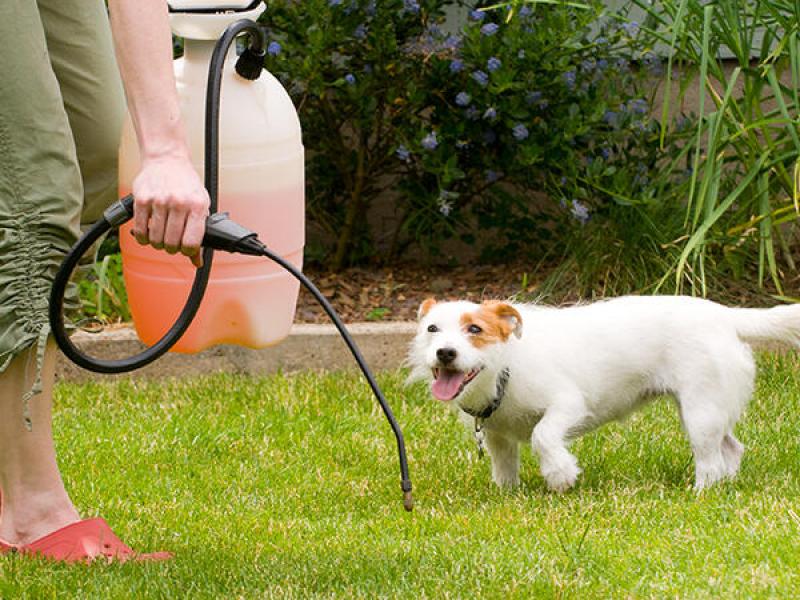
Garden products like pesticides and fungicides can harm wildlife — not just garden pests — and pollute the environment. Learn more about getting rid of pests without chemicals.
-
Landscape your property with wildlife-friendly plants
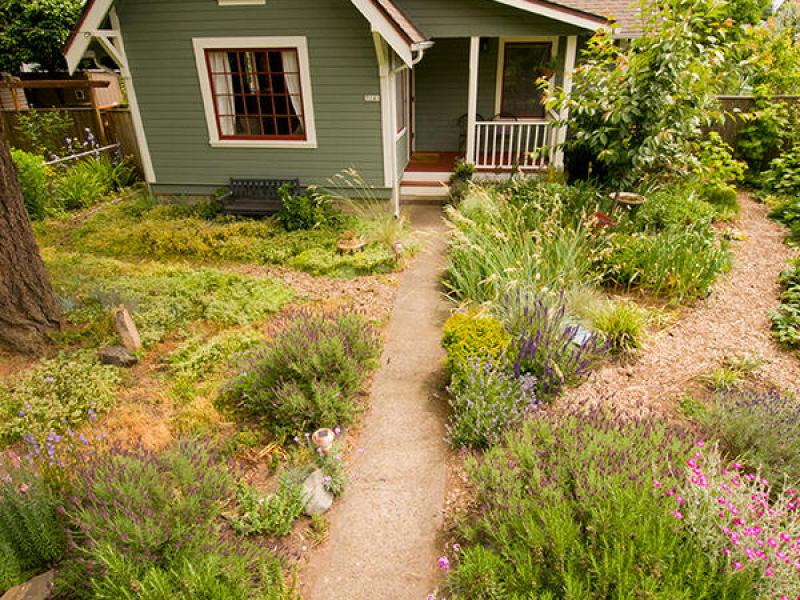
Eliminating invasive weeds and including wildlife-friendly plants in your backyard or landscaping provides excellent food and shelter for the birds, amphibians, pollinators and other species native to your area. Many native plants also thrive without the need for much care, saving water, energy, time and money, all while showcasing the natural beauty in your region.
-
Consider purchasing renewable energy
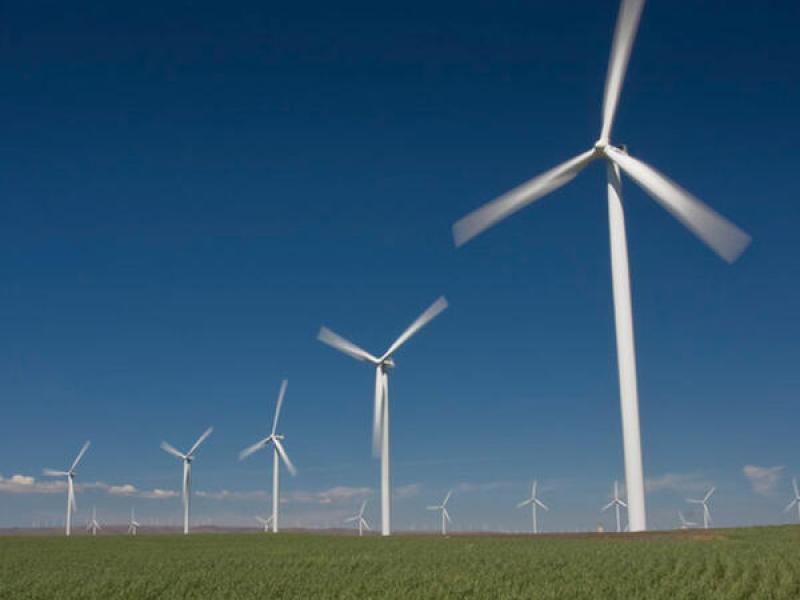
Not everyone can install rooftop solar panels, but consumers have more options than ever before for purchasing renewable energy through their utility. Renewable sources like wind, low-impact hydro and landfill gas can help reduce greenhouse gas emissions and other pollutants that impact wildlife from the Arctic to the tropics. Contact your utility to make the switch to wildlife-friendlier energy.
-
Purchase organic produce, especially for the “dirty dozen”
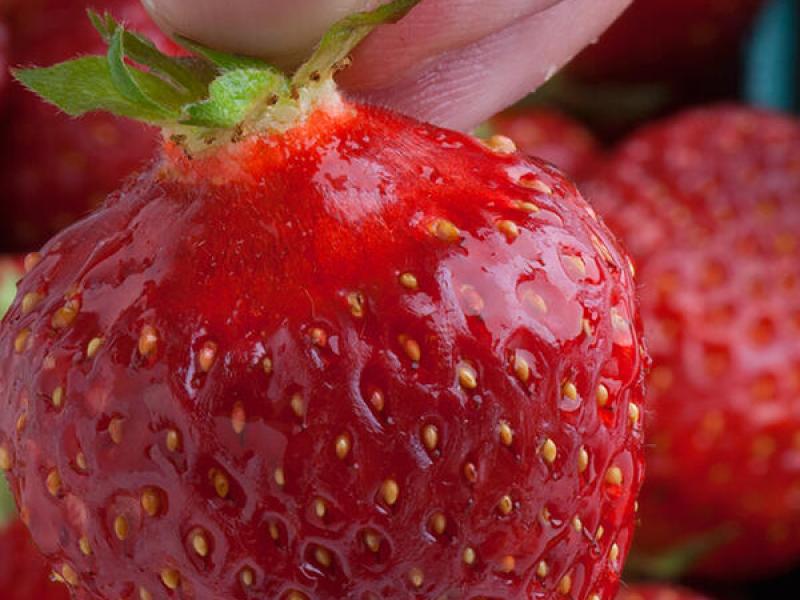
Choosing organic produce helps keep pesticides from harming pollinating insects, birds and other wildlife. Consumers on a budget can prioritize their organic purchases based on which produce have the highest pesticide residues. The "dirty dozen" includes peaches, apples, sweet bell peppers, celery, nectarines, strawberries, cherries, pears, imported grapes, spinach, lettuce and potatoes.
-
Make your own non-toxic cleaners
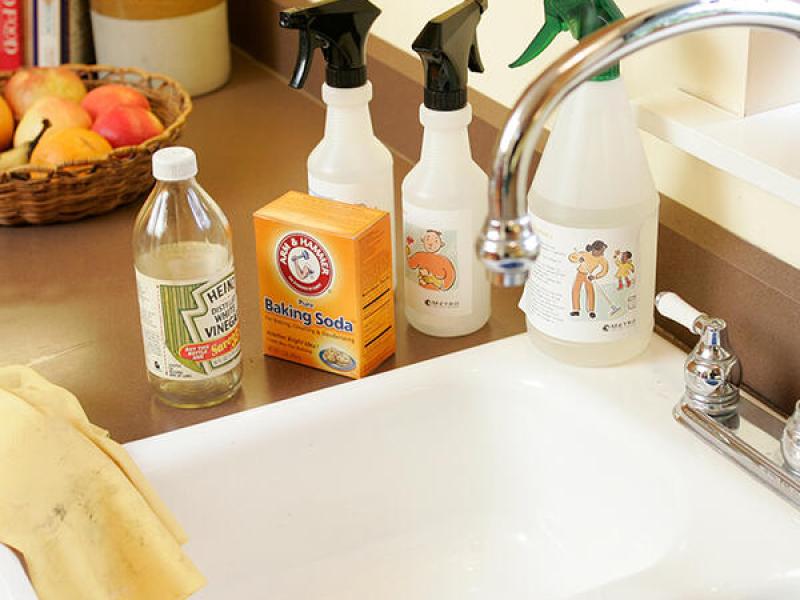
Using cleaners made from everyday ingredients like baking soda, rubbing alcohol and vinegar helps keep pollutants out of waterways and the air. Store-bought products used to clean laundry, surfaces and dishes often contain chemicals that can poison wildlife and contaminate ecosystems. Get cleaner recipes here.
-
Adjust your thermostat by two degrees
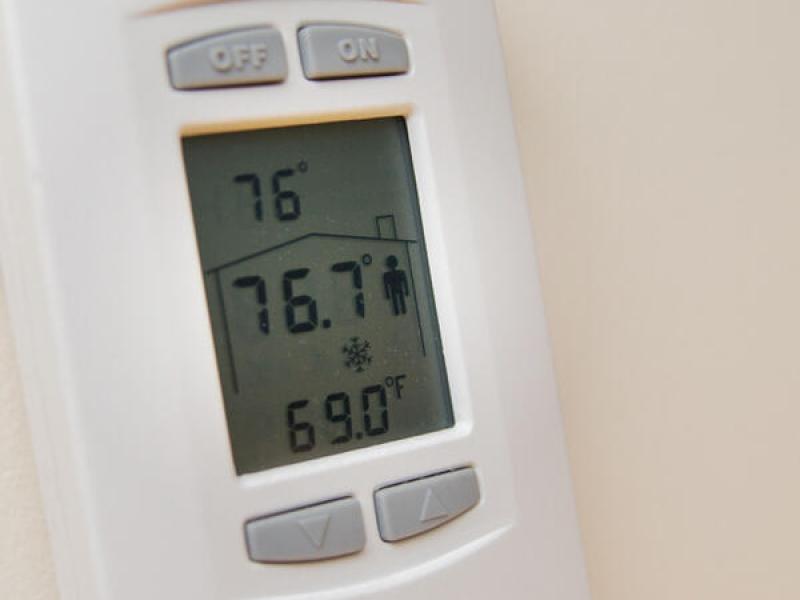
A difference of two degrees may not be noticeable in your living room, but it is in the Arctic. Small thermostat adjustments - higher in the summer and lower in the winter - reduce your energy consumption and your contribution to greenhouse gas pollution, which threatens wildlife and habitats worldwide. Adjusting your thermostat even more at night saves additional energy.
-
Turn off your car when you stop for more than ten seconds
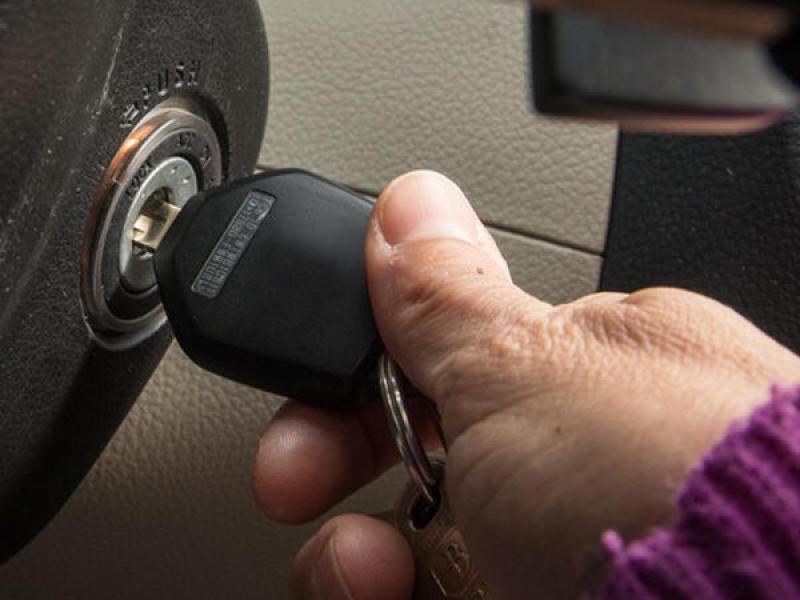
Turning off your car might be the easiest way to reduce your vehicle's impact on the environment. Idling not only wastes fuel, it creates greenhouse gas emissions and other pollutants that affect wildlife worldwide. Turn off your car whenever you stop for more than ten seconds at airports, bridge and railroad crossings and schools. The one exception is when you're in street traffic, where stopping is illegal in some states due to safety concerns. Instead of waiting at drive-thrus, park and go inside.
-
Become a Cascades Pika Watch volunteer
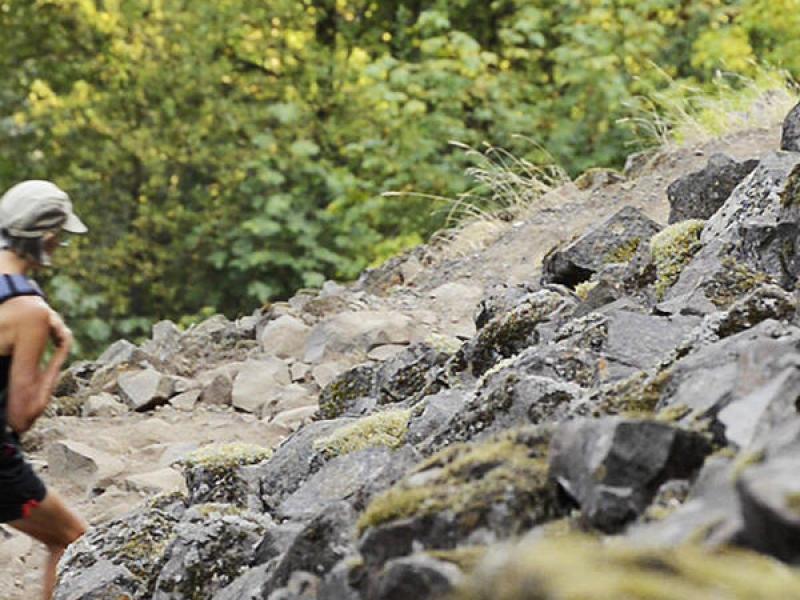
Pikas are widely considered a climate change indicator species. By monitoring pikas and collecting data, Cascades Pika Watch volunteers can help biologists determine population size, identify population declines, and potentially develop strategies for better protecting the habitat they depend on. Learn more about Cascades Pika Watch here.
-
Leave the leaves
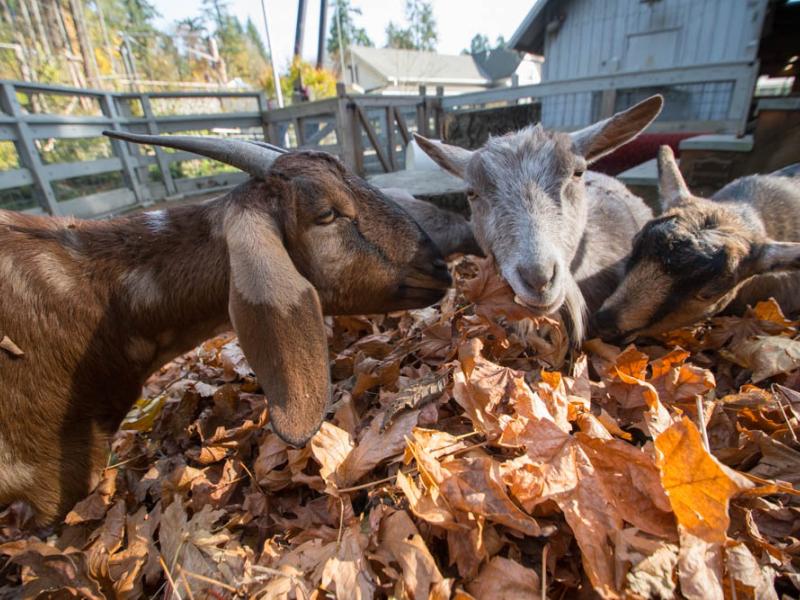
Leaving leaves where they land provides shelter for pollinators, invertebrates, birds and reptiles. These species help manage pests and increase pollination in your garden, so having a habitat for them can keep them around when you need them the most. By spring the leaves will compost and enrich your soil.
-
Donate to the Oregon Zoo Foundation
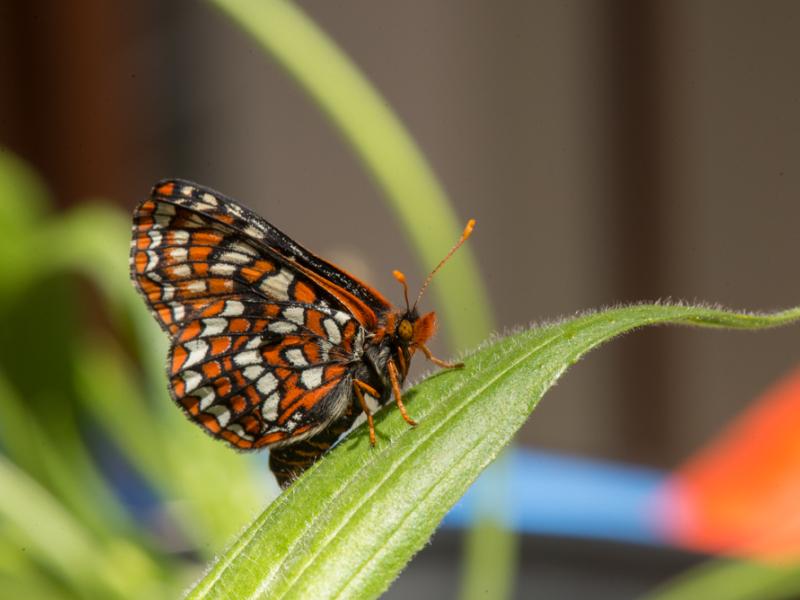
Donate now and make a world of difference for wildlife!


